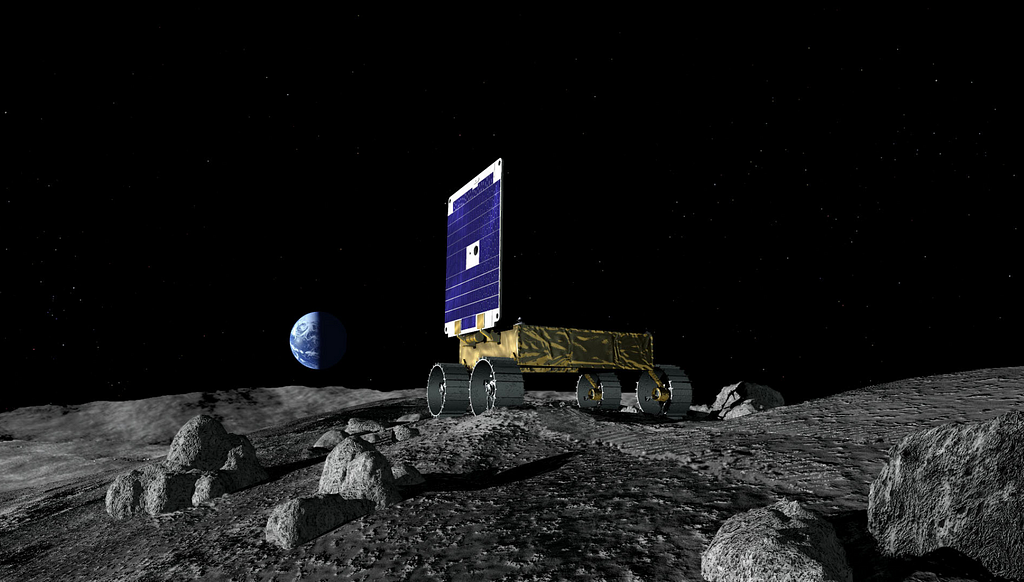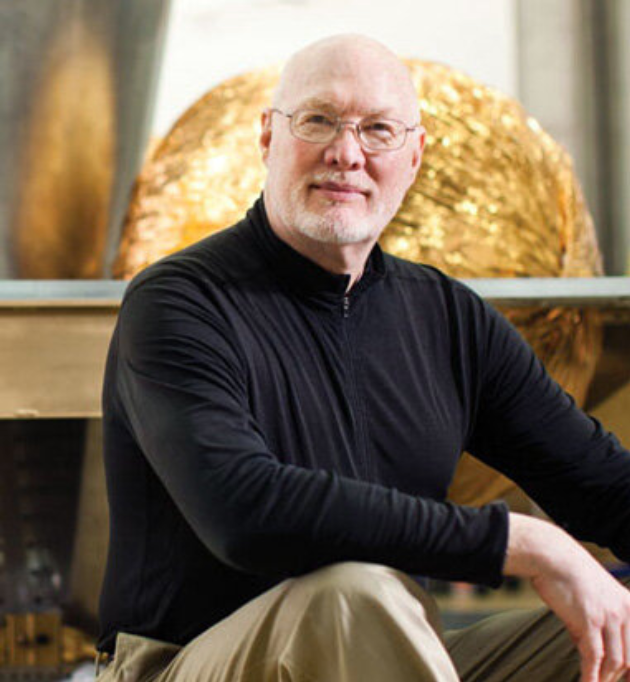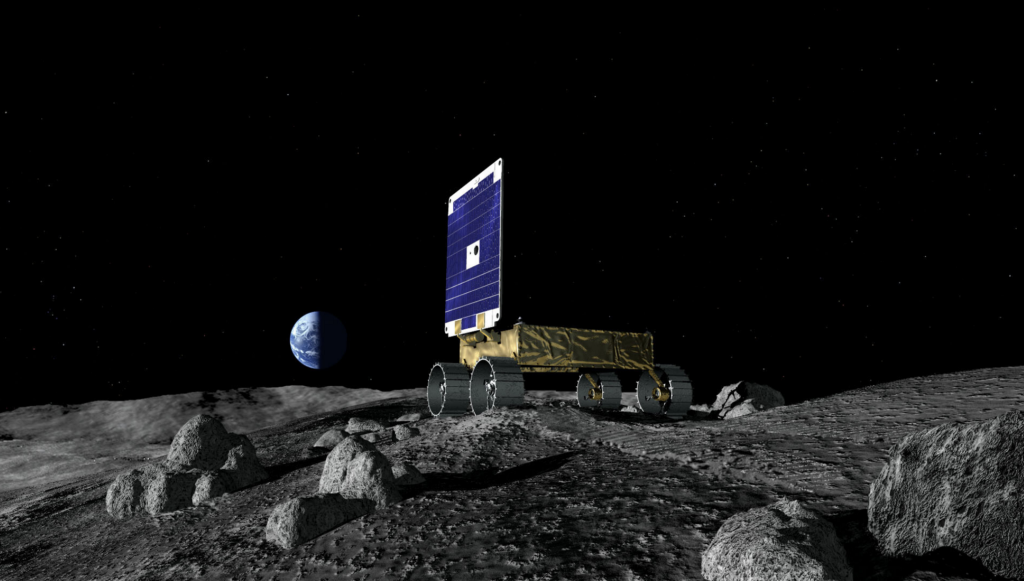By: Alex Roy via the No Parking Podcast

Some people think superheroes don’t exist in real life, but when there’s a disaster and lives are on the line, you call Red Whittaker. From nuclear meltdowns to chemical plant leaks, mine collapses and sunken submarines, Whittaker has been answering the Batphone for more than 40 years and showing up with his life-saving robots.
On the No Parking Podcast, Whittaker tells us how and why he became famous for building robots for work too dull, dirty or dangerous for human beings. “When you’re the only one on earth doing that kind of thing,” Whittaker says, “it’s a terrible weight not to be ready.”

Deploying robots in harsh conditions around the world taught him lessons he needed to lead teams from Carnegie Mellon to hard-earned victories in the DARPA Grand Challenges, out of which the modern self-driving industry was born.
“All the work — and certainly work too often attributed to me — is by the hands of youth and by incredible teams,” says Red, who is known for pushing his crews hard.
”My commitment to anybody who is onboard any initiative with me is that they get more out of it than what they put into it, and that’s a blood agreement.”
It’s no coincidence that many of the companies building autonomous vehicles today are led by Whittaker’s former students, all inspired by the same thing that led him to create CMU’s Field Robotics Institute in 1983: getting technology out of the lab and into the real world.
“It’s essential to let technology do the talking,” he says. “There’s a long tail to commercialize these things.”
Famous for blunt talk, Whittaker also shares his thoughts on defining goals: “We all know too many corporate mission statements that go on for a page. I don’t think I’ve ever had one more than five words. Clean up the accident. Win the race.”
The next mission will take his vision to the moon. Red’s Pittsburgh-based venture Astrobotic has been awarded several NASA contracts, including a $200 million grant to land on the Moon’s south pole to find resources like ice, which could be converted into breathable air or rocket fuel. Or, Red says, one day enable cheaper and more sustainable space travel.
“I’ve been chasing the moon since I was 9,” Red says. “Humans are fundamentally explorers, whether you think about that as the pursuit of new knowledge, the creation of enterprise, or what there is to discover on this planet … and beyond.”
Like and subscribe to more from the No Parking Podcast here and here.
